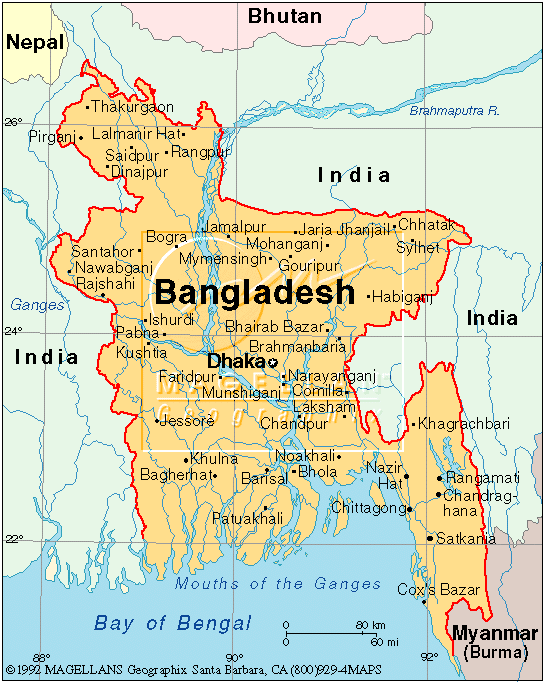 R Dutta Choudhury
R Dutta Choudhury
GUWAHATI, Feb 12 – A new phenomenon of infiltration of Hindu people from Bangladesh has been witnessed following the Government of India declaration to give settlement to those who came to India from the neighbouring countries because of religious persecution in their own countries. Meanwhile, there were reports that a substantial amount of Indian currency was brought to the districts having international border with Bangladesh to be deposited in banks here following the demonetisation move.
Security sources told The Assam Tribune that according to inputs available, the infiltration of Hindu people from Bangladesh witnessed a sudden increase after the Central Government announced that those who came to India due to religious persecution in their own countries would be settled. According to available inputs, there is a common feeling among the minority Hindus in Bangladesh that they would be safe in India if they manage to sneak in and that feeling has given rise to the sudden spurt in the attempts to migrate to India.
Because of lack of any clear-cut instruction from the government, the police and security forces are also facing problems in the process of detaining the foreigners as there have been instances of tension in some parts of the Barak Valley after suspected Hindu migrants were detailed. Similarly, there is no instruction on the cases pending before the tribunals set up under the provisions of the Foreigners’ Act.
It may be mentioned here that the dwindling Hindu population in Bangladesh has become a cause of concern for India and the Government of India has already taken up the issue with the Government of Bangladesh. According to the 2011 census, the Hindu population in Bangladesh has come down to only 8.2 per cent.
Meanwhile, overall infiltration from Bangladesh has come down because of increase of deployment of BSF personnel and economic development in the neighbouring areas of Bangladesh. There was a time when people from Bangladesh even came to Karimganj almost every day to work as rickshawpullers and as daily wage labourers. But after the development of the areas like Sylhet and Maulvibazaar, such people do not have to come across in search of work. But some people are still coming over to settle down in India, sources added.
Sources admitted that because of the terrain, it is almost impossible to completely seal the international border. In the Barak Valley, around 75 km of international border is riverine and as there is no physical barrier in the riverine area, it is almost impossible to completely check infiltration of foreigners. In the dry season, some parts of the Kushiyara river, which is the international border, can be crossed on foot. Moreover, as boats of both the countries ply on the river, one can easily hop from one boat to another to enter India. A few groups of touts are still active in the area to help the foreigners to cross over.
Sources said that there were also reports that Indian currency notes are used in illegal activities even across the international border and it is suspected that substantial amount of money was brought into India after the demonetisation move to be deposited in banks here. All the districts having international border with Bangladesh were alerted after an input of transfer of Rs 8 crore in one consignment, but the input could not be verified.





